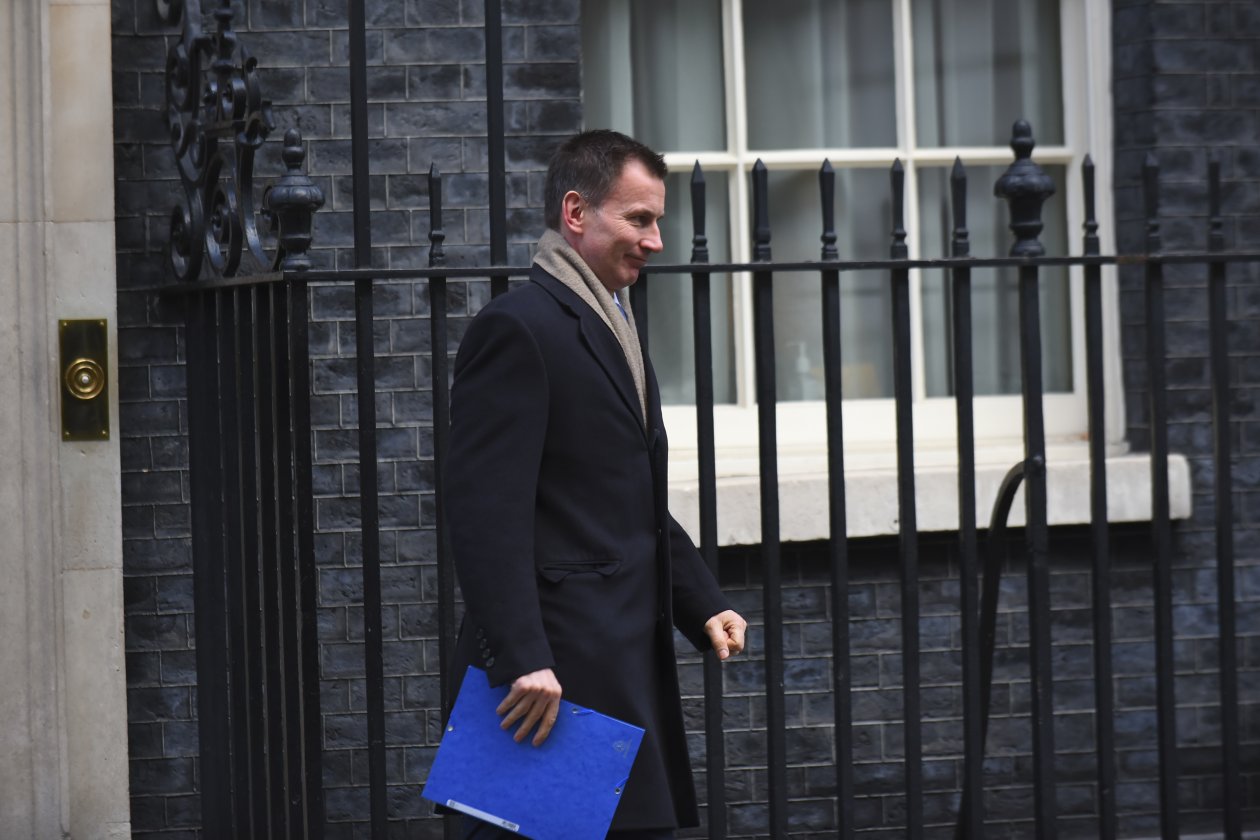It’s only traditional to pack the last Budget before a general election with tax sweeteners, and Jeremy Hunt doesn’t seem keen to break with convention.
He’s said to be considering cuts in personal taxes, which would bring welcome relief for millions of people. However, cuts might not be as good as they look.
Will income tax and National Insurance be cut?
One option will be to cut income tax, which would be popular, but comes at quite a cost. That means it could be considered a cut too far at this stage.
Even if Hunt tackles income tax, it comes at the same time as yet another freeze in the personal allowance and other tax thresholds. The Office for Budget Responsibility (OBR) says 1.1 million more people will likely be dragged into paying income tax and 800,000 more forced to pay higher rate tax.
National Insurance would be cheaper to cut, because it only applies to earned income – there’s no cut to the tax on pensions, and income from savings. However, this also means that millions of people wouldn’t benefit from this tax cut.
What could tax cuts mean for the economy?
If either of these taxes are cut, it would put more money back in people’s pockets. This is great news for anyone whose budget is stretched to breaking point, but has broader implications.
It could fuel more price rises (inflation), which pushes up the cost of government debt, and could quickly erode any fiscal headroom.
It might also mean interest rates stay higher for longer – with implications for people needing to remortgage.
Given the limited wiggle room he has, there’s also the question of how Hunt would free up cash for tax cuts, and whether it means tax rises elsewhere or spending cuts – or both.
What could tax cuts mean for pensions?
If the chancellor cuts income tax, it will put money in people’s pockets today, but risks taking away from their income tomorrow. That’s because basic-rate tax relief on a pension will also fall.
As it currently stands, for every £80 a basic-rate taxpayer puts into their pension, the government will top it up to £100. If income tax is cut to 19%, for example, the same person would need to put £81 to get the top up to £100. It’s a small change that could build over time and make a dent in your pension pot.
If this change does happen, we’d like a period of transition where tax relief stays at 20% when tax is cut to 19%. This will give people an opportunity to plan.
This article isn't personal advice. Pension and tax rules can change, and any benefits depend on your circumstances. Tax rates and bands are different for Scottish taxpayers. If you're not sure what's right for you, ask for financial advice.
We’ll be keeping a close eye on what we want to see change in the 2024 Budget.
To make sure you don’t miss out on what does change and what it could mean for you, sign up to our new ‘Monday Money Matters’ personal finance newsletter.
NurPhoto / Contributor via Getty Images.



